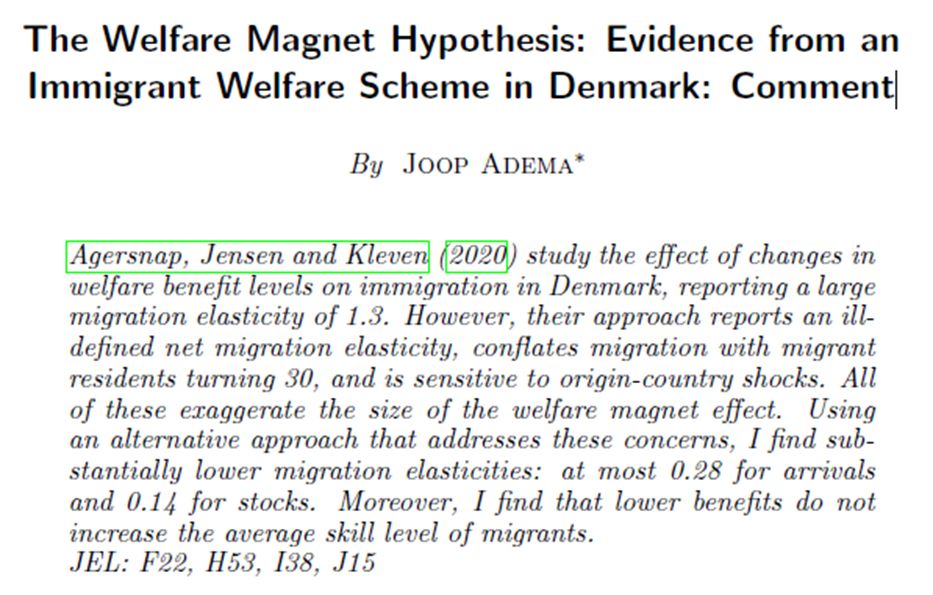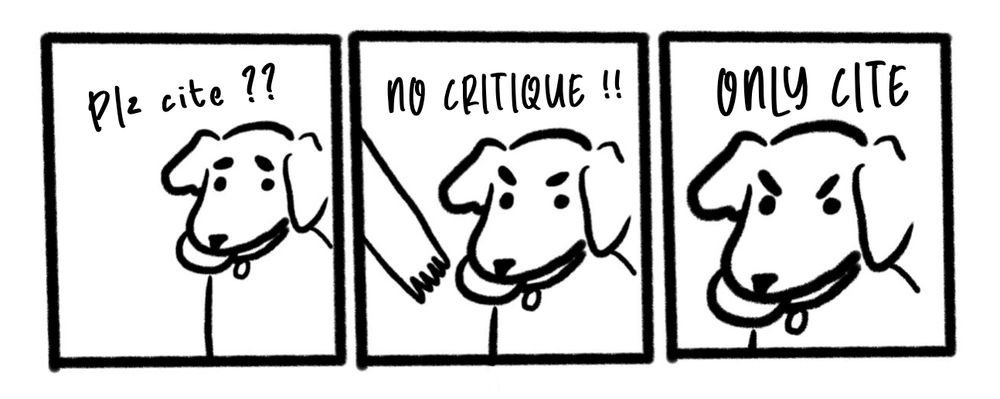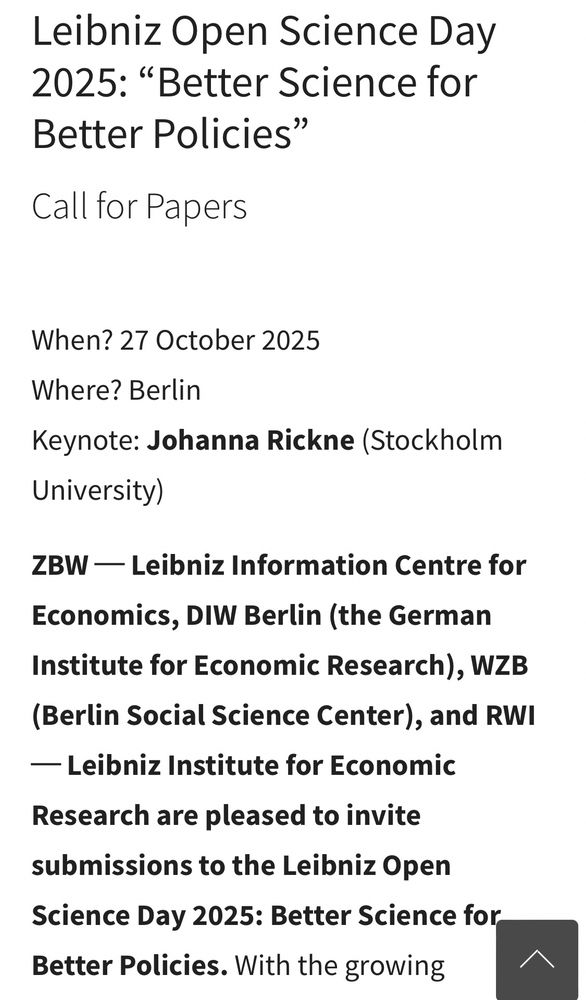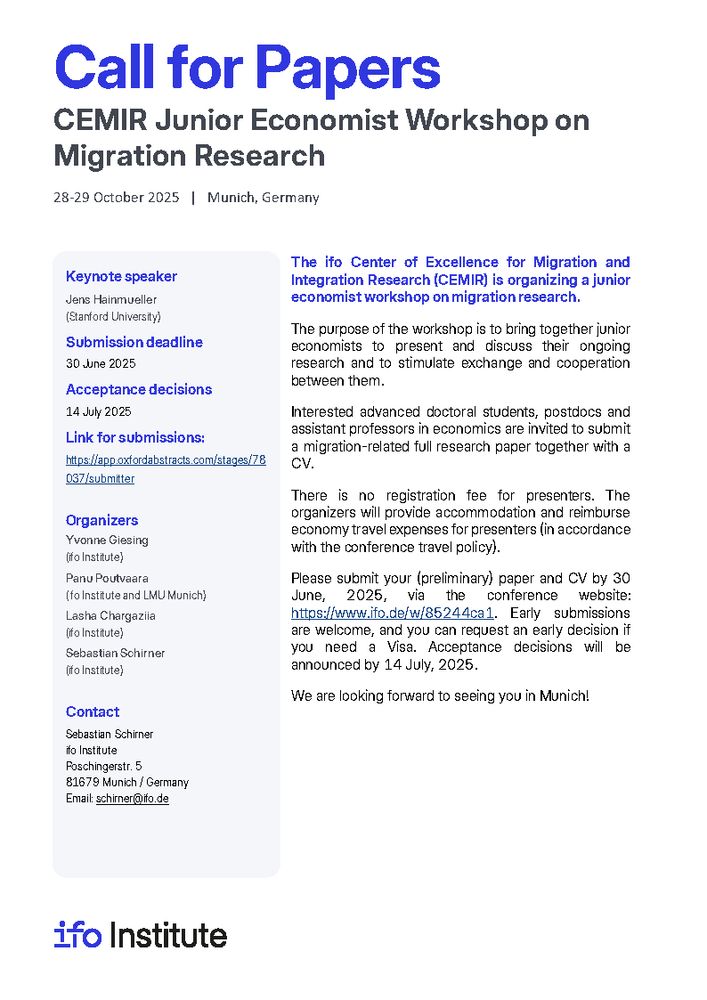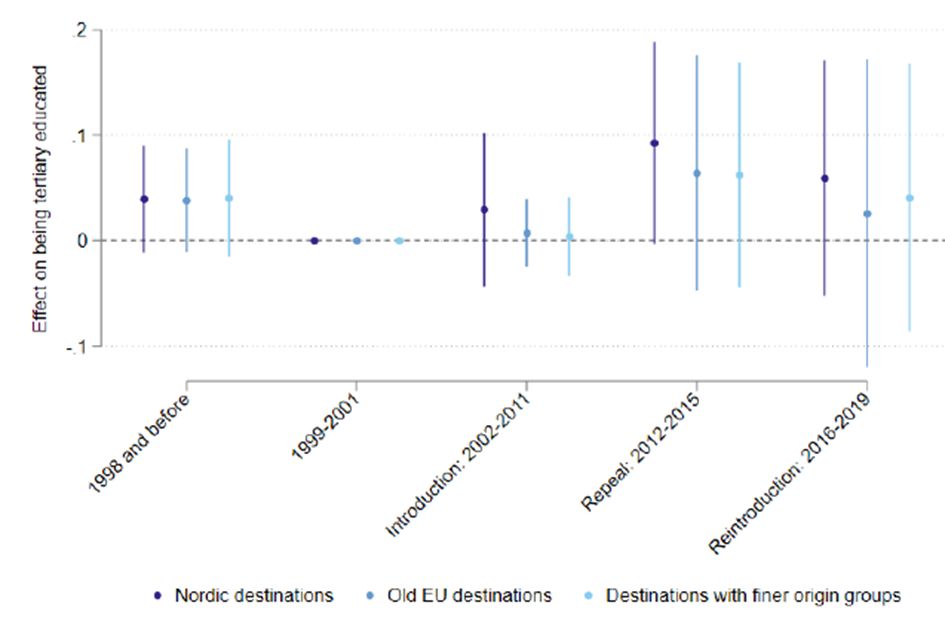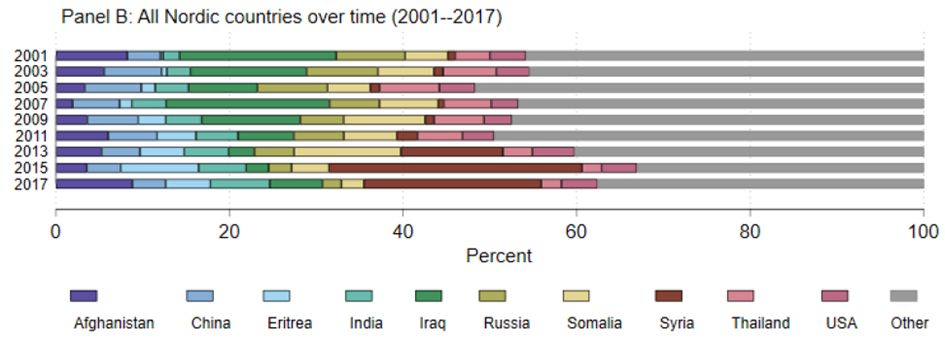Joop Adema
@jopieboy.bsky.social
300 followers
940 following
28 posts
Post-doc @ University of Innsbruck -- https://jopieadema.github.io/
Posts
Media
Videos
Starter Packs
Reposted by Joop Adema
Reposted by Joop Adema
Reposted by Joop Adema
Joop Adema
@jopieboy.bsky.social
· Aug 18
Joop Adema
@jopieboy.bsky.social
· Aug 18
Joop Adema
@jopieboy.bsky.social
· Aug 18
Joop Adema
@jopieboy.bsky.social
· Aug 18
Joop Adema
@jopieboy.bsky.social
· Aug 18
Reposted by Joop Adema
Joop Adema
@jopieboy.bsky.social
· Jul 1
Reposted by Joop Adema
Reposted by Joop Adema
Reposted by Joop Adema
Joop Adema
@jopieboy.bsky.social
· Jun 18
Joop Adema
@jopieboy.bsky.social
· Jun 18
Joop Adema
@jopieboy.bsky.social
· Jun 18


